Nigeria’s 2023 presidential election produced an outcome unlike any in its recent democratic history. With 8.79 million votes out of 24.03 million valid ballots, President Bola Ahmed Tinubu secured victory with 36.61%—the narrowest winning margin by percentage since 1999. The three-way split between major opposition candidates created a constitutionally valid presidency, but one that began under unusually low emotional acceptance.

This fractured mandate continues to define the national mood. Nigeria is navigating a convergence of economic restructuring, political tension, and deepening insecurity—all unfolding in a hyper-connected digital age where information spreads fast, anger spreads faster, and institutions must withstand unprecedented stress.
The question now confronting the nation is simple but decisive: Can Nigeria implement painful reforms, restore security, and preserve democratic stability—without breaking under pressure?
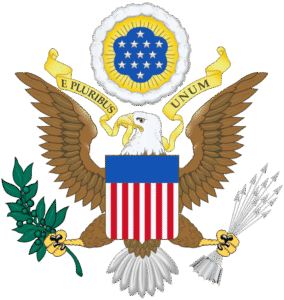
A Mandate Defined by Fragmentation
Historically, Nigerian presidents have emerged with broad electoral margins:
Obasanjo: 62–63%
Yar’Adua: ~70%
Jonathan: ~59%
Buhari: 54–55%
Tinubu’s 36.6% result—driven by opposition fragmentation and a voter turnout of barely 26%—created a presidency many citizens were not emotionally prepared to accept, regardless of legality.
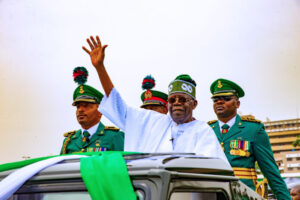
This emotional deficit has shaped public reaction to subsequent reforms, amplifying distrust, sharpening tribal and religious narratives, and fueling persistent post-election grievance.
The Reform Agenda: Bold, Painful, and Unavoidable
The administration’s early actions triggered the most intense economic adjustment Nigerians have faced in a generation:
Fuel Subsidy Removal
Announced immediately on assumption of office, subsidy removal caused petrol prices to triple. Transport, food, and energy costs surged, tightening the pressure on households and small businesses.

FX Unification
Multiple exchange-rate windows were merged into a market-driven system. The naira experienced severe depreciation in 2023–2024 before reaching relative stability following monetary tightening and improved liquidity.
Fiscal and Structural Reforms
Efforts to increase revenue, rationalise expenditures, and clean up public finances earned applause from global financial institutions but have been difficult for citizens to absorb in real time.
Economic Outcomes—Mixed Signals
Inflation: Rose to multi-decade highs before easing following policy adjustments and statistical rebasing.
Growth: The economy recorded roughly 4.6% growth in Q4 2024, its strongest in years.
Investment: Portfolio investment increased significantly, but long-term FDI remained subdued.
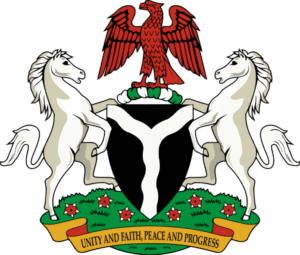
Naira: Now stabilised within a more predictable band, though at levels far weaker than before the float.
In macro terms, the reforms are beginning to work. But in micro terms—the markets, kitchens, roads, schools, factories—the pain remains intense.
Insecurity: The Most Urgent Threat of All
No reform agenda can succeed in a country where citizens live in fear.
Banditry, kidnapping, rural terrorism, highway attacks, and targeted violence continue to disrupt daily life across several regions. Farmers struggle to return to fields, transporters risk abduction on major routes, and communities face threats that undermine food production and economic recovery.
The painful truth is that economic stabilisation means little without physical security.
For the majority of Nigerians, the immediate crisis is not inflation—it is survival. Until security improves dramatically and consistently, reforms will lack legitimacy, no matter how sound they appear in policy documents.
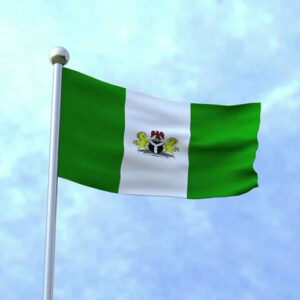
The Digital Arena: Amplifier of Anger and Instability
Unlike previous decades, Nigeria now operates in an environment where:
Every citizen with a smartphone is a broadcaster.
Rumours and facts travel with equal speed.
Misinformation can trigger real-world reactions within hours.
This hyper-speed political environment magnifies frustration and accelerates polarisation. It also heightens the danger of institutional erosion—not through classic coups, but through gradual delegitimisation of democratic norms.
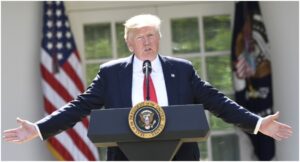
A Fragile Moment in Nigeria’s Democratic Journey
Periods of structural economic adjustment have historically collided with public unrest:
The 1980s Structural Adjustment Programme planted deep distrust of “reform.”
The 2011 post-election crisis led to widespread casualties and internal displacement.
The 2012 subsidy protests forced partial policy reversal.
Today’s challenges are more layered—economic hardship, pervasive insecurity, political division, and an emotionally charged electorate.
The survival of Nigeria’s democratic order will depend on how institutions, leaders, and citizens navigate this moment.
The Path Forward: What Must Happen Next
Nigeria can endure this phase—but only if several conditions are met:
■ Security Must Improve Rapidly and Credibly
Without safety, neither reform nor democracy will hold. Restoring public confidence in law enforcement and military operations is essential.
■ Economic Relief Must Become Visible
Policies need to translate into lower food prices, affordable transport, stable electricity, and support for small businesses.
■ Institutions Must Act as Stabilising Forces
Courts, legislatures, regulatory bodies, and security agencies must remain independent and above political or ethnic rivalry.
■ Leadership Must Communicate Clearly and Consistently

Reform cannot rely on slogans; it must rely on transparency, empathy, and steady engagement with citizens on both the costs and expected gains.
Final Analysis
Nigeria stands in a moment defined not by one election, one region, or one administration—but by the intersection of reform, insecurity, political fragmentation, and public frustration.
The president may remain polarising. The reforms may remain contested. The pain may remain real. But the institutions of state must remain functional, credible, and stable if any form of national recovery is to materialise.
The question facing the country is no longer whether citizens “love” the president. It is whether Nigeria can:
restore security,
manage painful reforms with fairness,
resist destructive polarisation, and
protect its democratic framework from erosion.
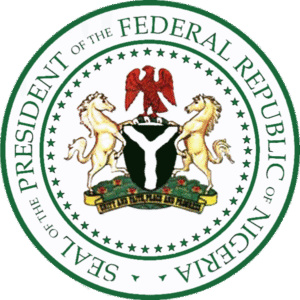
History shows that nations overcome crises not by unanimity of opinion, but by institutional strength, civic responsibility, and a shared commitment to preventing chaos.
Nigeria’s next chapter will be determined not by the scale of its challenges, but by its ability to hold its democratic line in the face of them.
Princess Gloria Adebajo-Fraser MFR.




